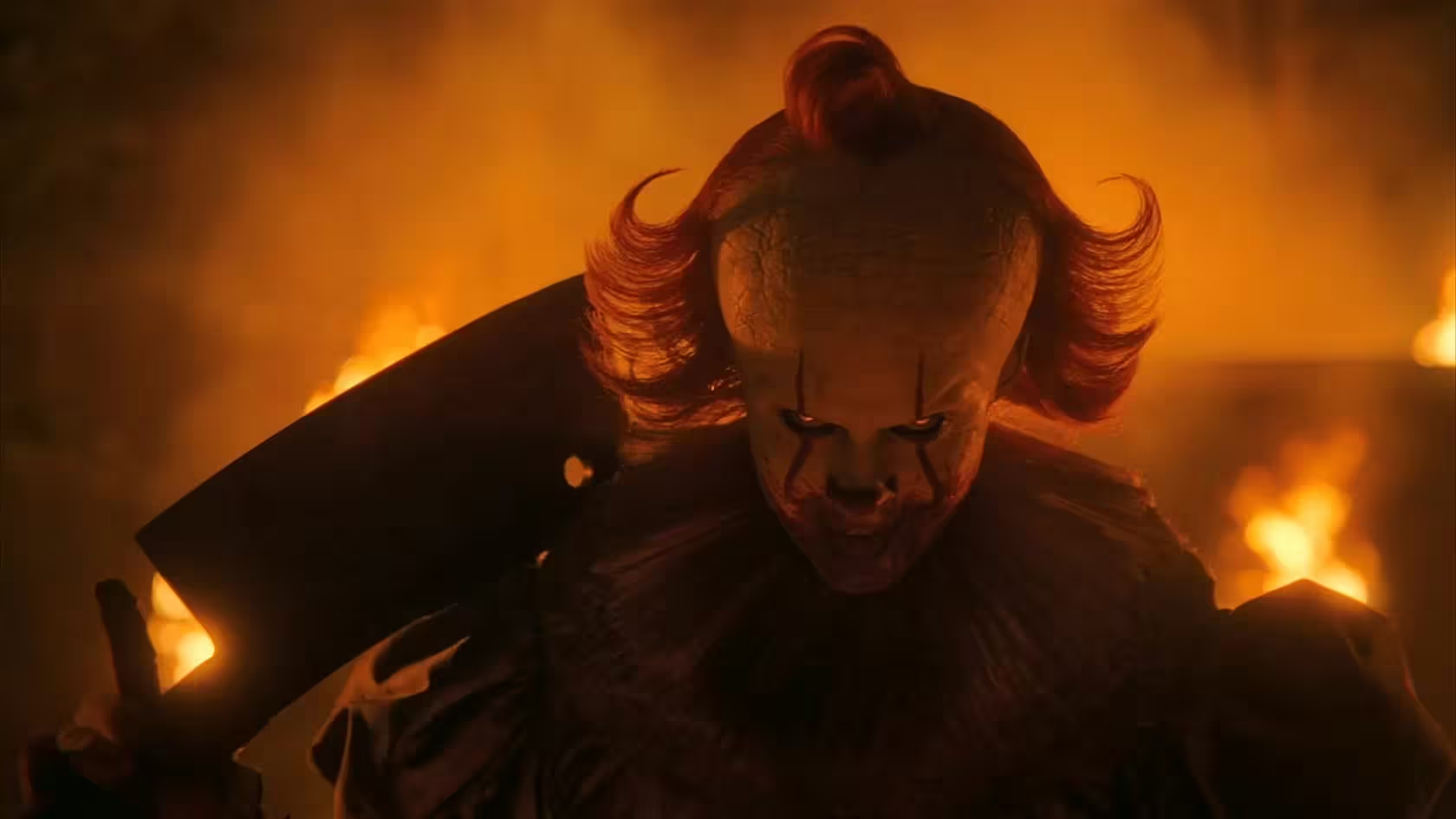4 Minutes
A Hollywood Shakeup: What’s Happening?
Warner Bros. Discovery — home to Warner Bros., HBO, Discovery, CNN and DC — may be on the verge of one of the media industry's most consequential ownership changes in years. Reports suggest the Saudi Public Investment Fund (PIF) has taken a leading position among several suitors aiming to buy the combined studio and media conglomerate as Warner explores breaking itself into distinct businesses for entertainment/streaming and news/sports.
Why the Sale Has Sparked a Frenzy
The split plan announced by Warner Bros. Discovery's leadership triggered unsolicited offers almost immediately. A wave of interest is unsurprising: WBD's deep library, premium franchises, and global streaming footprint make it a prize asset in the streaming wars and the ongoing consolidation of Hollywood. Potential buyers see not only catalog value — blockbuster franchises like Batman, Harry Potter-era properties, and DC slate prospects — but also strategic control of brands that define premium TV and prestige drama (HBO) and major news reach (CNN).
Who’s in the Race?
According to multiple outlets, the Saudi PIF is now a front-runner. American media giants have not stepped out: Comcast is reportedly evaluating WBD assets, and Paramount had floated a near-cash bid in the $60 billion range. Streaming titans Netflix and Amazon are also said to be weighing offers. These simultaneous moves echo past mega-deals — think Disney’s acquisition of 21st Century Fox or Comcast’s purchase of NBCUniversal — but the potential for a sovereign wealth fund to take control of such a high-profile U.S. media company adds unprecedented political and regulatory dimensions.

Industry Context and Why It Matters
Media consolidation has been a recurring industry trend as companies bulk up to compete on streaming, global distribution, and franchise-building. A sale of WBD would reshape competitive dynamics: a new owner could accelerate or slow blockbuster production, alter HBO’s prestige-first strategy, or change how streaming bundles are priced. For filmmakers and showrunners, the prospect raises questions about creative freedom, commissioning priorities, and how legacy IP will be handled.
Comparisons with Disney-Fox and the Paramount-Viacom histories are useful: such deals often yield short-term synergy narratives but also long-term cultural shifts — from marketing strategies to what kinds of films get greenlit.
Regulatory and Political Hurdles
Any major transaction will require U.S. government scrutiny and review by European regulators. A Saudi buyer for one of America’s largest media firms would invite political debate over editorial independence, national security, and content policy. These are not hypothetical: regulators will probe ownership safeguards and contractual mechanisms to protect journalistic autonomy at news outlets like CNN.
"This transaction is about far more than balance sheets — it's a cultural and institutional transfer that could influence global storytelling and news ecosystems," says film critic Anna Kovacs. "Any new owner faces the twin tasks of respecting creative institutions while making the business future-proof."
What Fans and Creators Should Watch
For movie and TV fans, the immediate concerns are release strategies, availability of beloved franchises on streaming platforms, and possible reorganizations of creative teams. Behind the scenes, deals of this scale usually prompt leadership changes, new strategic priorities, and in some cases, the reshuffling of production slates.
Whether the final buyer is a sovereign fund, a U.S. studio, or a tech giant, the acquisition — if it happens — will be a landmark moment in the era of streaming, franchise dominance, and transnational media ownership. Expect a long, high-stakes review process and lively debate over what corporate stewardship means for Hollywood's cultural output.
In short: this is more than a corporate sale. It’s a potential turning point in how stories are funded, distributed, and protected in the decades ahead.

Comments
Marius
is this even true? Netflix or Amazon maybe, but Saudi PIF owning major US media, who enforces journalistic safeguards? big political mess, if real..
atomwave
wow, if PIF takes over HBO and CNN, that's wild... editorial independence? who even checks that now? Feels like culture sold to highest bidder, ugh


Leave a Comment